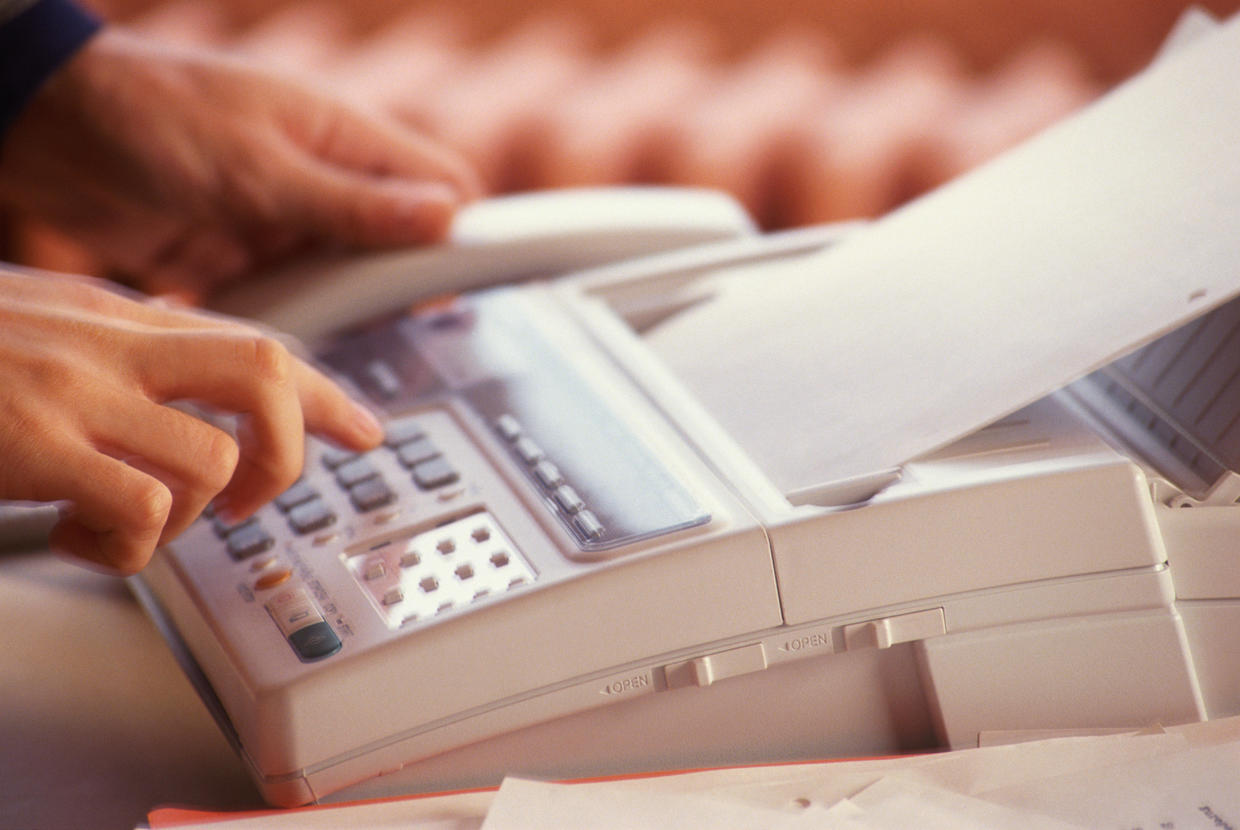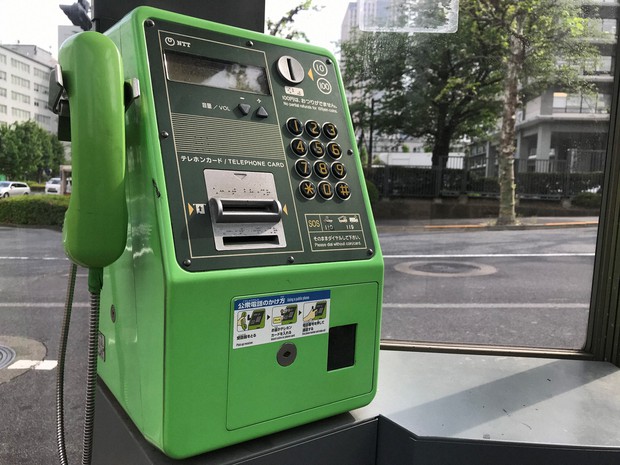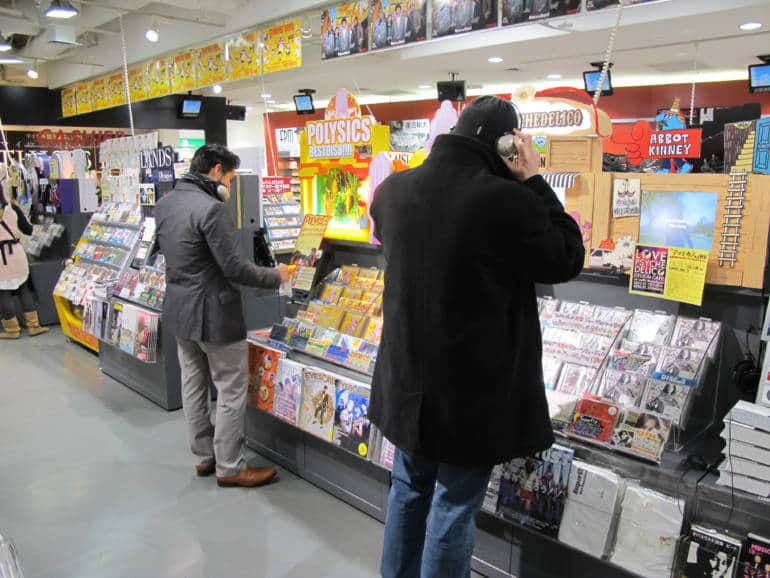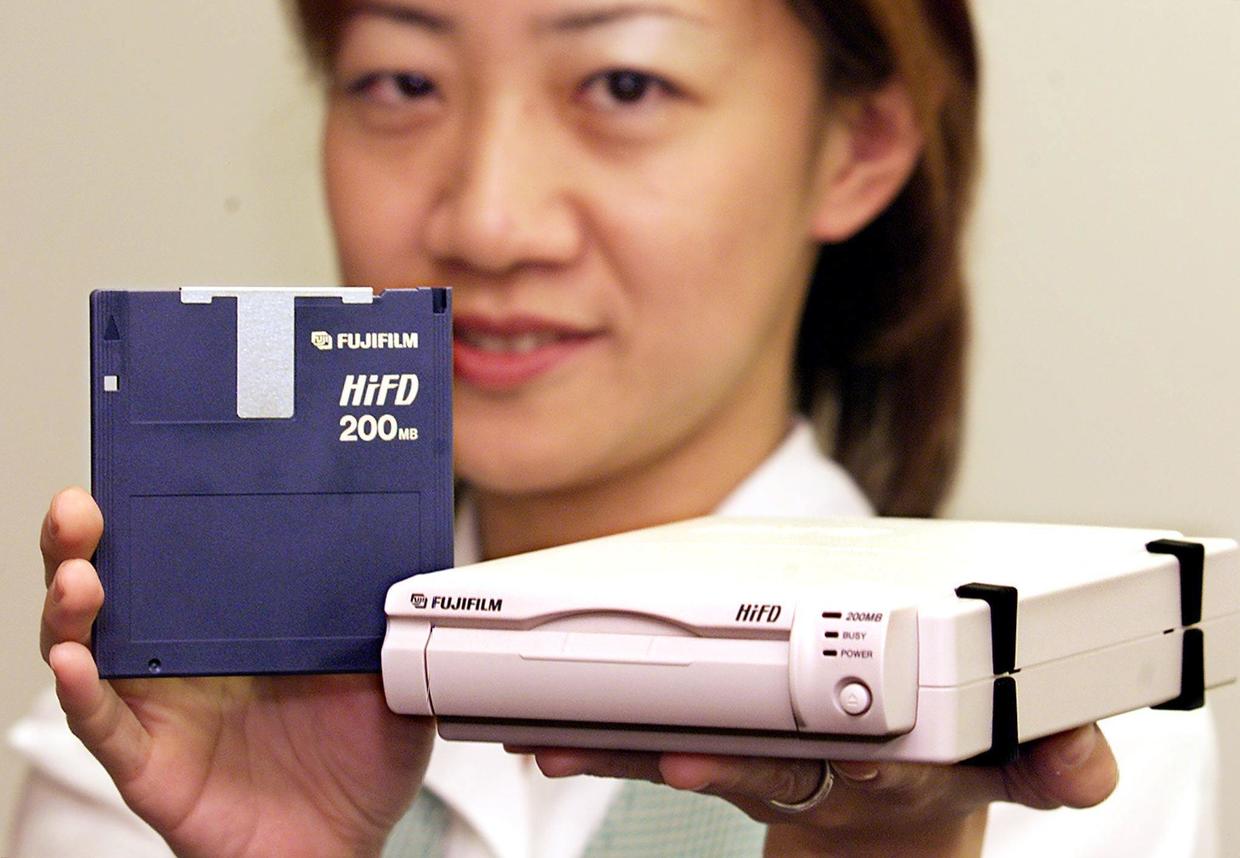The reason why Japanese people are still faithful to technology from the time of ‘brothers and sisters’
- Tram Ho
When appointed to lead the fledgling Digital Japan Agency in August, Mr. Kono Taro set out to digitize the country’s administrative apparatus. “No more fax machines! Get rid of the floppy disk!”, his statements went viral on social media, drawing warm international support and a little less enthusiasm from domestic public opinion.
As one of the most industrialized countries in the world, many Japanese are still “considered” (intolerant thinking) with outdated technologies such as fax machines and floppy disks. Behind this phenomenon are many reasons especially related to Japanese society.
The Japanese government has had a number of digitization policies on paper since 2001, when the “e-Japan” strategy (understood to digitize with Japan) was introduced. More than 2 decades later, floppy disks and fax machines still abound in Japanese ministries, universities, and corporate headquarters – regardless of the fact that they are so outdated in the age of technology. number.

Japanese attachment, aging population and inherent beliefs about security
Japan has the largest percentage of elderly citizens of any country in the world. In 2020, nearly 30% of Japan’s population will be over 65 years old, that is, approximately 1 in 3 people will be elderly. The challenge of digitization comes in part from convincing the elderly population that it should be a priority.
According to Joi Ito, director of the MIT Media Lab and co-founder of startup Digital Garage, there is a tendency to encourage elderly people in Japan to continue using old technologies such as analog instead of digital without feeling shy.

Public phone cabinets are still “vital” in Japan. Photo taken in 2021.
” In the US, even among the elderly, there will always be an urge to catch up with technology. In Japan, landline calls are still very popular and this helps to protect the elderly who are afraid to use it. send text messages or emails ,” he said.
Moreover, in Japan there is still an inherent belief that maintaining information that requires a high degree of personal protection and security should preferably be done in an offline environment. According to Rest Of World, when it comes to personal consumption, the Japanese are generally still quite radical and keeping up with the times; However, with important and highly confidential information such as government-provided identity, shopping and economic transactions, medical records, etc., the Japanese prioritize safety over convenience. profit.

By 2016, 85% of music product sales in Japan were still through CDs.
In 2008, a coalition of Japanese lawyers, journalists, and professors asked Google to remove the “Street View” service in Japan because of photos of private property, passersby, and license plates. is “a cheeky invasion of citizens’ privacy”. A year later, Japan’s Ministry of Justice filed a formal protest against Google Earth for posting historical maps of settlements inhabited by burakumin, a group of people historically discriminated against because of their caste status. Japan’s lowest level.
Google apologized and quickly changed the entire Japanese image catalog for Street View, with faces, signs, and license plates blurred out, and removed all of their historical maps of the burakumin.
In recent years, cryptocurrencies have also been slow to gain popularity in Japan, despite advances during the Covid-19 pandemic. Part of that is because many Japanese – especially those over 65 – are afraid to leave digital fingerprints in every transaction.

Online payments have yet to take off in Japan.
However, the truth is that keeping processes offline is not synonymous with security. In the first half of 2022 alone, Japan saw an 87% spike in ransomware attacks, one of which forced Toyota to close all 14 of its domestic factories for a while. short.
An administrative officer lost the data of the entire city’s residents of half a million people, placed on a USB drive, after a night of drinking. According to one analyst, Japan’s digital delinquency could lead to what Japan’s Ministry of Economy, Trade and Industry (METI) calls a “digital cliff” by 2025, causing the country loses more than $84 billion a year due to inefficient operations.
Patrick McKenzie, the boss of Starfighter, a software company with operations in Tokyo and Chicago, said: ” Japanese companies often lag behind foreign companies by 5 to 10 years in adopting methods. modern information technology, especially those specific to the software industry “. When coming to Japan, many people are surprised to still see fax machines, flip phones or landlines despite owning the world’s top internet infrastructure.

In Japan, government offices and a large number of businesses still use technology that is long out of date even in countries where it is not considered advanced technology. ” Japan is at least 20 years behind the world in administrative technology, ” Yukio Noguchi, a Japanese economist, told Bloomberg.
In a 2021 survey by a Japanese communications industry association, 24.3% said they use fax machines daily while 25.4% said they use them occasionally. That leaves half of working Japanese people still using fax machines.
The survey report shows that fax has permeated daily work and workflow, such as its widespread use for planning data in the industrial machinery and real estate industries, while the IT engineers use it for reporting and communication.
Another impediment to the elimination of fax machines was the prevalence of hanko seals on administrative paperwork. This is a type of engraving that replaces the signature of a legal entity that is indispensable in Japan.
Floppy disk is also another dilemma
With views of the clear blue ocean and terraced rice fields, the city of Hamada, population 50,000, is located far from the major urban centers of Japan, Tokyo and Osaka. Like cities in other advanced countries, Hamada collects taxes, health insurance premiums, and social security contributions from residents’ bank accounts by sending invoices online to organizations. local financial institution.
But in some ways, Hamada’s transactions are like a “time machine” of the 20th century. One in eight local banks with which the city government works insist that payments must be made physically present, on a floppy disk.

Floppy disk technology is still widely used in Japan.
The mylar-coated magnetic plates invented by IBM in 1967 have largely been “retired” in museums in other countries. They contain less than 1 megabyte of data – enough for a few seconds of video.
” Floppy disk production ended 10 years ago, and we’ve urged the bank to go online ,” a spokesperson from the city’s accounting department told CBS News. ” But they continue to cling to the old system .”
Even with digitization, some banks still expect all transactions to be confirmed by fax, she said.
But Hamada is not alone. A survey earlier this year by the San-in Chuo Shimpo newspaper found Hamada among nine towns in Shimane Prefecture that still use floppy disks. In addition, more than half of the localities in Shimane and neighboring Tottori, both west of Tokyo, still use floppy disks.
Source : Genk
